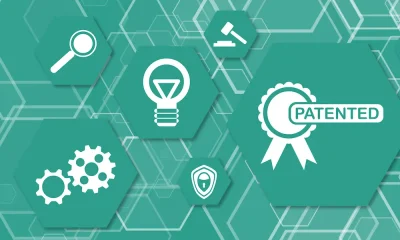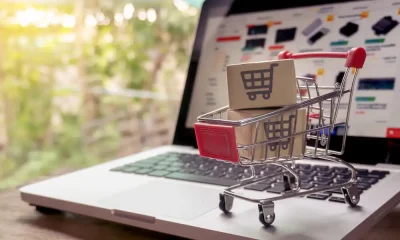Management
Basic Contingency Planning Makes Sense
Contingency Planning and Business Continuity Plans can sound pretty scary to many people and are often only associated with large corporates and public sector bodies.
Contingency Planning and Business Continuity Plans can sound pretty scary to many people and are often only associated with large corporates and public sector bodies. The basic premise is that you gauge what the likely things are that could cause your business difficulties and put in place suitable processes to deal with them should they arise. In many cases you may well decide to implement something up front in order to minimise the possibility of the problem occurring in the first place.
Clearly there are many things that can happen that will cause a business difficulties and no one can cater for them all. By spending some time thinking through what these issues might be you have the chance to prepare yourself and avoid complete chaos should they happen. If you include customers and key suppliers in your deliberations you will benefit from their particular perspectives too.
1. What could happen? Think of the important aspects of your business in terms of how you deliver your products or services to your customers. Brainstorm the likely things that might negatively impact your ability to satisfy those customers. If you run a hotel it might be lack of heating or hot water or it could be the collapse of one of your key suppliers. Think the unthinkable, your worse case scenario because sometimes these do happen. Always think about the natural world too as it can potentially have catastrophic consequences for many businesses, floods, wind damage or indeed any severe weather.
2. How likely is it? For each of your ‘worries’ think about how likely it is for such a thing to occur. If it’s something that could be expected to happen on a regular basis then you might want to think again as to why you are in that situation. For most of the ‘worries’ on your list though the chances of them coming to fruition will be small but if they do then it will impact the way you meet your customer’s needs. You can’t deal with every eventuality so select your top 10 or however many seems right for you to do something about.
3. What to do. For each individual ‘worry’ determine whether it makes sense to do something now to reduce the likelihood of it occurring in the first place in addition to putting together a plan for what to do if it does happen later. So, for the hotel heating issue you may decide to improve on the maintenance contract you have for the heating and hot water system and most definitely test the system thoroughly before the weather turns colder. Of course, the same applies for air-conditioning systems that may have been unused for months on end.
So you’ve reduced the chance of the problem occurring but nothing is perfect and it may still happen. Make sure you put in place a plan so that whoever is working at that (unfortunate) time can do the necessary to minimise the impact on your business. Do you have access to a service engineer in the timescales required, i.e. immediately? Do you have enough heaters available or portable air-conditioners? In truly the worse case are you able to put up your guests somewhere else while you recover the situation.
Make sure you and your employees know what needs to be done should something go wrong, it need only be an itemised list on a single sheet of paper for each ‘worry’. Knowing what needs to be done when things go wrong can be part of induction and regular training, after all it’s essential to the success of your business. Oh yes, make sure your plans are printed out and easy to get to because it might be that your IT system has gone down and needs sorting.
Remember that customers will be forgiving to a certain extent if and when things outside of your control happen. What they won’t forgive you for though is if all they see is seemingly out of control, no matter well meaning you and your employees are in your intentions. It’s far better to have something in place to cover those things that are most likely to hit you and minimise the impact on your customers.









